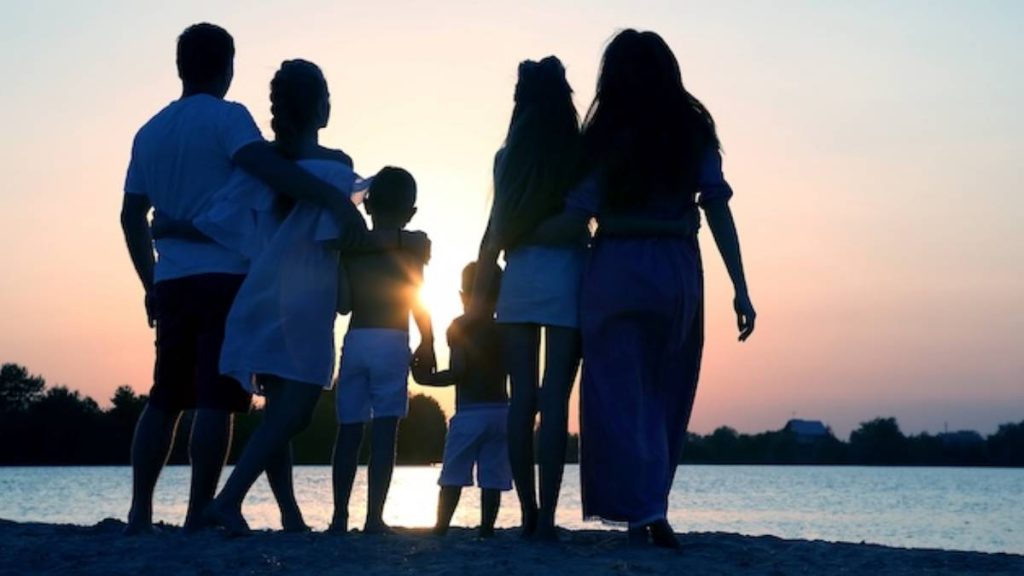UH study: 19-year life expectancy gap among major ethnic groups in Hawaiʻi
A new University of Hawaiʻi study reveals a striking 19-year gap between life expectancies of Hawaiʻi’s major ethnic groups.
The updated analysis — published in the Hawaiʻi Journal of Health and Social Welfare — shows that while the state continues to rank among the nation’s healthiest, Native Hawaiians and other Pacific Islanders continue to face the greatest disparities.

Researchers Yan Yan Wu, Michael Phillips and Kathryn Braun from University of Hawai‘i at Mānoa’s Thompson School of Social Work & Public Health collaborated with Lance Ching and Claire Prieto with Hawaiʻi Department of Health to update the state’s life expectancy trends through 2020.
Their new report builds on a 2017 University of Hawaiʻi study that tracked changes from 1950 to 2010.
The latest data finds Hawaiʻi residents live an average of 81.9 years compared with the national average of 77 years.
However, large differences remain across ethnic groups:
- Native Hawaiians: 77.4 years.
- Other Pacific Islanders: 69.6 years (first time included in the analysis).
- Chinese: 88.2 years.
- Japanese: 84.9 years.
- Korean: 84.3 years (newly analyzed).
- Filipino: 83.4 years.
- White: 81.8 years.
“Hawaiʻi residents have made steady gains in longevity over the past 70 years,” said Wu in an announcement about the new data. “However, life expectancy for Native Hawaiians continues to be 10 years less than the life expectancy for the longest-living group.”
Also, this is the first year other Pacific Islanders were included in estimates, and their life expectancy is even lower — “almost 19 years less than for the longest-living group,” Wu added.
The researchers noted that differences in life expectancy are likely linked to social and economic conditions.
Compared with Filipinos, Native Hawaiians and other Pacific Islanders, higher proportions of East Asians and whites in Hawaiʻi have college degrees, adequate incomes and own homes.
“This study underscores the importance of disaggregating public health data so that programs can be developed and tailored for populations most in need of assistance,” said Braun in the announcement.
She added that the data also suggest increasing the standard of living for groups with lower life expectancies might go a long way toward improving their health status and longevity.
University of Hawaiʻi at Mānoa researchers continue to lead statewide efforts to improve health data equity and inform culturally grounded programs that advance the well-being of the diverse communities throughout the islands.



